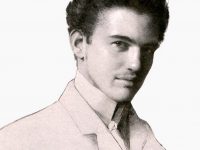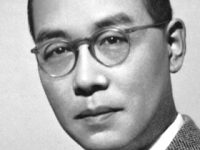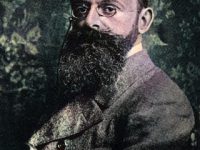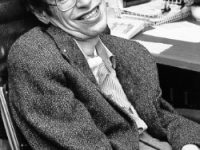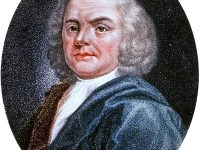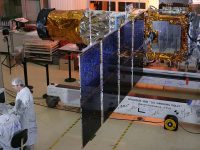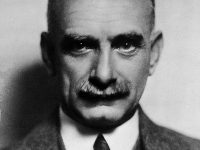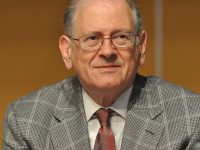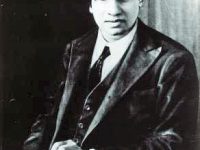Victor Moritz Goldschmidt and the Origins of Geochemistry
On January 27, 1888, Swiss-Norwegian geochemist, mineralogist and petrologist Victor Moritz Goldschmidt was born. Goldschmidt is considered (together with Vladimir Vernadsky) to be the founder of modern geochemistry and crystal chemistry, as well as the developer of the Goldschmidt Classification of elements. “Every beginning is hard. At most stopping is sometimes even harder.” – Victor Moritz Goldschmidt, as quoted in [9] Victor Moritz Goldschmidt’s Early Years Goldschmidt was born in Zürich, Switzerland,…
Read more











